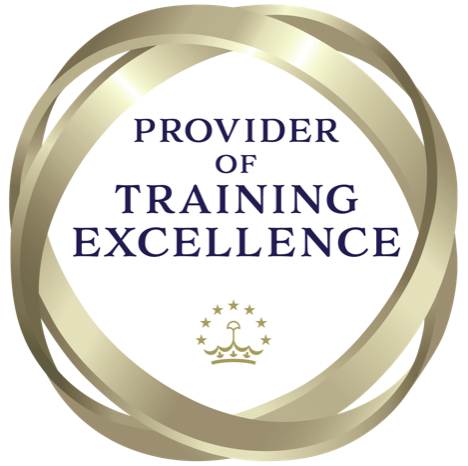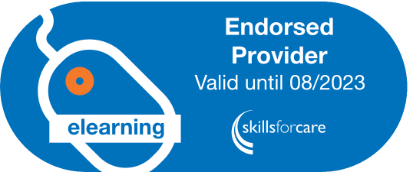01206 805359
Mon - Fri, 9am - 5pm



We have been recognised as an endorsed provider from Skills for Care, earning the prestigious distinction as a Centre of Excellence within training and health & social care.
The purpose of this Cardiopulmonary Resuscitation and Automated External Defibrillation course is to provide the learner with the skills, knowledge and understanding in the provision of Cardiopulmonary Resuscitation and of the safe use and management of an Automated External Defibrillator. This qualification offers the trained provider the opportunity to provide effective emergency lifesaving first aid care using an AED. This is achieved through the understanding of the BLS/AED algorithm and the responsibilities and treatment principles of AED use.
This course includes the latest CPR and Coronavirus recommendations.
ProTrainings Basic Life Support courses have been designed to meet all the required learning outcomes and are aligned to the Skills for Health UK Core Skills Training Framework or UK-CSTF. This includes both level 2 adult and paediatric patient care.
This course covers Basic Life Support skills and includes skills for Adult, Child and Infant as well as healthcare variations on infant CPR. The course includes Safety, precautions, initial assessment, recovery position, CPR, compression-only CPR, CPR handover and choking. This is ideal for nurses, care workers or medical professionals needing annual updates to complete professional membership. In most cases, this course is ideal as an online-only course but if you need a practical session as well we have a network of approved instructors where we can offer the course as blended including a short practical session.
AED training is also included in the course. Learning AED skills is becoming more important with the increase in the numbers of units in the community and workplace. They are easy to use with a little training and make a real difference in the chance of survival to someone in cardiac arrest. If you have already completed any other first aid course you will understand the importance of the prompt use of an AED making this an ideal next course to take to develop your skills.
All our first aid courses fully meet the latest UK and European Resuscitation Council Guidelines as per the HSE requirements.
This qualification and most of the other ProTrainings qualifications are Endorsed by TQUK to show our commitment to extra levels of compliance and quality assurance.
This course comes with 4.0 hrs (5.0 class) of CPD, although the time to complete the course online may be less than this. Total course time includes 2 hours and 47 minutes of video training as well as knowledge reviews, final test, remedial help and reviewing downloaded material.
The content of this and all our courses has been independently certified as conforming to universally accepted Continuous Professional Development (CPD) guidelines and come with a Certified CPD Statement as well as a ProTrainings Certificate and for online courses an Evidence Based Learning statement.
Learning Outcomes
1 Understand basic life support requirements 1.1 Describe the principles that underpin basic life support
1.2 Explain the circumstances under which resuscitation is performed
1.3 Explain why early intervention is necessary
1.4 Describe different types of cardiopulmonary arrest
2 Be able to demonstrate basic life support techniques and automated external defibrillator use in line with current national guidelines2.1 Demonstrate cardiopulmonary resuscitation
2.2 Demonstrate compression-only resuscitation
2.3 Demonstrate the use of resuscitation barrier devices
2.4 Demonstrate how to manage a choking casualty
2.5 Demonstrate the use of an automated external defibrillator
2.6 Describe the differences when using an automated external defibrillator on a child
3 Be able to demonstrate post-resuscitation procedures3.1 Demonstrate how to place a casualty in the recovery position
3.2 Identify the risks when placing a casualty in the recovery position
3.3 Describe handover and reporting procedures
4 Be able to carry out basic user maintenance and troubleshoot problems with an automated external defibrillator4.1 Identify when a defibrillator battery requires changing
4.2 Identify when electrode pads need replacing
4.3 Demonstrate how to troubleshoot problems if the automated external defibrillator does not function correctly
5 Understand the safe use of an automated external defibrillator
5.1 Describe the safety considerations when using AEDs
“Very thorough and simple small videos that can be stopped started at my convenience. ”
“The person instructing is very clear and concise and the videos are easy to understand ”